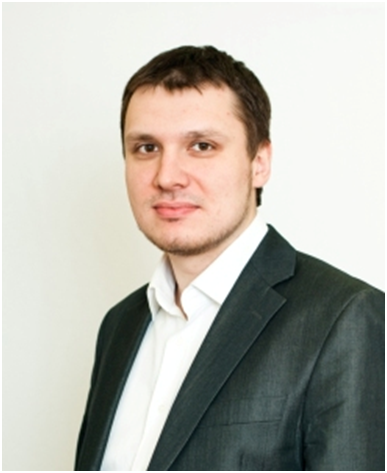Russia’s 18th Place in Bloomberg Innovation Index: Cause for Celebration or Reflection?
Bloomberg agency published a global innovation index where Russia was given the 18th place. Can it be reliably used in research, and why national ratings should be supplemented with regional ones, reflects Evgeny Kutsenko , senior researcher at the ISSEK

Expert analysis of the rating’s methodology and its components allow to make the following conclusions.
Evgeny Kutsenko: “The main questions to the Bloomberg rating concern its methodology”
More or less expected was the high 4th place in higher education efficiency. Though it remains to be seen whether the share of population with a university degree (which is actually measured by the proposed indicators) is a valid measure of higher education’s efficiency. International university ratings give reasons for doubts.
The unexpectedly optimistic view of Russian realities is reflected by the shares of high-tech companies in the total number of public companies (the 7th place), and of the industrial potential (the 17th place). A question arises: is the traditional Russian high-tech industry inherited from the USSR and dominated by large monopolist companies with government participation a good indicator of the Russian economy’s innovativeness? Maybe it is, but we shouldn’t forget the simple truth that innovations can be created in all industries, and the best driver for them is competition. Russia’s 47th place in terms of labour productivity (measured as GDP per worker aged 15+) seems to confirm our doubts.
Russia’s 9th place in terms of integrated patent activity indicator is probably explained by the fact that applications submitted to the national patent office were counted. However, quality of patents and registration requirements are very much different in different countries — not to mention the issue of how may of those patents eventually turn out to be innovative.
But the main questions to the Bloomberg rating concern its methodology. Unfortunately, data sources and calculation procedures have not been fully disclosed. E.g. it’s unclear whether smoothing algorithms were applied, and exactly how data was normalised (i.e. scaled from 0 to 100). This is the key issue. Changes in procedures or indicators hardly noticeable to laymen can significantly affect the rating’s results.
Unfortunately, insufficient transparency of the Bloomberg rating doesn’t allow its reliable application in either scientific research or government decision-making. Particularly since there are other ratings, which employ much more thoroughly developed methodologies. Though those do not look so optimistic for Russia. For example, in the rating prepared in 2013 by INSEAD and the World Intellectual Property Organisation Russia only has the 62nd place, after Armenia, Columbia, and Jordan.
And the last thing. For countries with a wide regional diversity, and Russia is one of them, indicators aggregated at the national level have only limited value. Not infrequently such indicators only hide the true leaders and outsiders. Therefore it would always make sense to supplement national ratings with regional ones.
By the way, the Higher School of economics is planning to publish the second issue of its Rating of Russian Regions’ Innovation Development.
